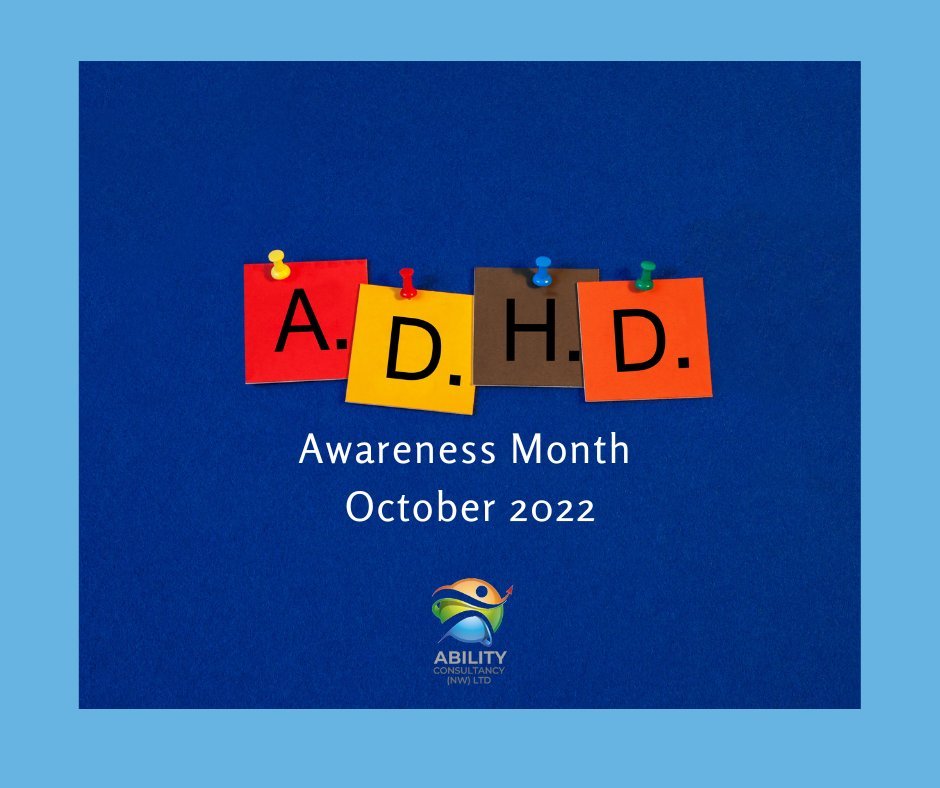Attention Deficit Hyperactivity Disorder (ADHD) is a neurodevelopmental disorder characterized by symptoms of inattention, hyperactivity, and impulsivity. While these core symptoms are well-known, there’s growing recognition of the significant impact ADHD can have on emotional regulation. Understanding the relationship between ADHD symptoms and emotional regulation is crucial for effective management and support for individuals with ADHD. This comprehensive exploration delves into the complexities of this connection, shedding light on its implications and offering insights for improved understanding and intervention.
Understanding ADHD: Beyond Attention Difficulties
ADHD is often associated with challenges in attention, focus, and impulse control. However, the disorder extends beyond these cognitive aspects to affect emotional regulation as well. Individuals with ADHD may experience heightened emotional sensitivity, impulsivity in emotional reactions, and difficulty managing intense emotions.
Emotional Dysregulation in ADHD
- Heightened Emotional Sensitivity: People with ADHD may have heightened emotional responses to stimuli, leading to quick and intense emotional reactions. Minor setbacks or frustrations can trigger strong emotional responses disproportionate to the situation.
- Impulsivity in Emotional Expression: Impulsivity, a hallmark feature of ADHD, extends to emotional expression as well. Individuals may act on their emotions impulsively without considering the consequences, leading to conflicts or impulsive decisions.
- Difficulty in Emotional Self-Regulation: Managing emotions effectively requires cognitive control and self-regulation, skills that are impaired in individuals with ADHD. They may struggle to modulate their emotional responses, leading to emotional outbursts or difficulty in calming down.
The Neurobiological Basis of ADHD and Emotional Regulation
The neurobiological underpinnings of ADHD provide insights into its impact on emotional regulation. Dysfunction in brain regions involved in both attention regulation and emotional processing contributes to the emotional dysregulation observed in ADHD.
Prefrontal Cortex Dysfunction
The prefrontal cortex, particularly the dorsolateral prefrontal cortex (DLPFC), plays a crucial role in executive functions such as attention, impulse control, and emotional regulation. In individuals with ADHD, dysfunction in the DLPFC results in deficits in these functions, including emotional regulation.
Limbic System Dysregulation
The limbic system, which includes structures like the amygdala and hippocampus, is involved in emotional processing and regulation. Dysregulation in the limbic system, characterized by heightened amygdala activity and altered connectivity with the prefrontal cortex, contributes to emotional dysregulation in ADHD.
Impact of Emotional Dysregulation on Daily Functioning
Emotional dysregulation in ADHD can have significant implications for various aspects of daily functioning, including social interactions, academic performance, and mental health.
Social Interactions
Difficulty in regulating emotions can strain interpersonal relationships, leading to conflicts and misunderstandings. Impulsivity in emotional expression may result in outbursts or inappropriate responses, affecting social interactions and peer relationships.
Academic Performance
Emotional dysregulation can interfere with academic performance by impairing concentration, attention, and problem-solving abilities. Emotional outbursts or frustration may disrupt classroom activities and hinder learning opportunities.
Mental Health
Untreated emotional dysregulation in ADHD can increase the risk of developing comorbid mental health conditions such as anxiety, depression, and oppositional defiant disorder (ODD). Chronic emotional distress may contribute to low self-esteem and diminished overall well-being.
Strategies for Managing Emotional Dysregulation in ADHD
Managing emotional dysregulation in ADHD requires a multifaceted approach that addresses both the underlying neurobiological factors and practical coping strategies.
Pharmacological Interventions
Medications commonly used to treat ADHD, such as stimulants (e.g., methylphenidate, amphetamine) and non-stimulants (e.g., atomoxetine, guanfacine), can help alleviate symptoms of emotional dysregulation by improving attention, impulse control, and mood stability.
Behavioral Interventions
Cognitive-behavioral therapy (CBT) and dialectical behavior therapy (DBT) are effective therapeutic approaches for teaching individuals with ADHD skills to manage emotions, regulate impulses, and improve interpersonal relationships.
Environmental Modifications
Creating a structured and supportive environment can help mitigate emotional dysregulation in ADHD. Strategies such as establishing routines, providing clear expectations, and offering positive reinforcement can promote emotional stability and self-regulation.
Mindfulness and Relaxation Techniques
Practicing mindfulness meditation, deep breathing exercises, and progressive muscle relaxation can help individuals with treatment ADHD cultivate awareness of their emotions and develop coping strategies to regulate them effectively.
Conclusion: Toward Holistic Support for ADHD
The connection between ADHD symptoms and emotional regulation underscores the complexity of the disorder and the importance of a holistic approach to support individuals with ADHD. By recognizing and addressing emotional dysregulation alongside cognitive difficulties, clinicians, educators, and caregivers can provide comprehensive care that enhances well-being and quality of life for individuals with ADHD. Through a combination of pharmacological interventions, behavioral strategies, and environmental modifications, it’s possible to empower individuals with ADHD to navigate the challenges of emotional dysregulation and thrive in their daily lives.



